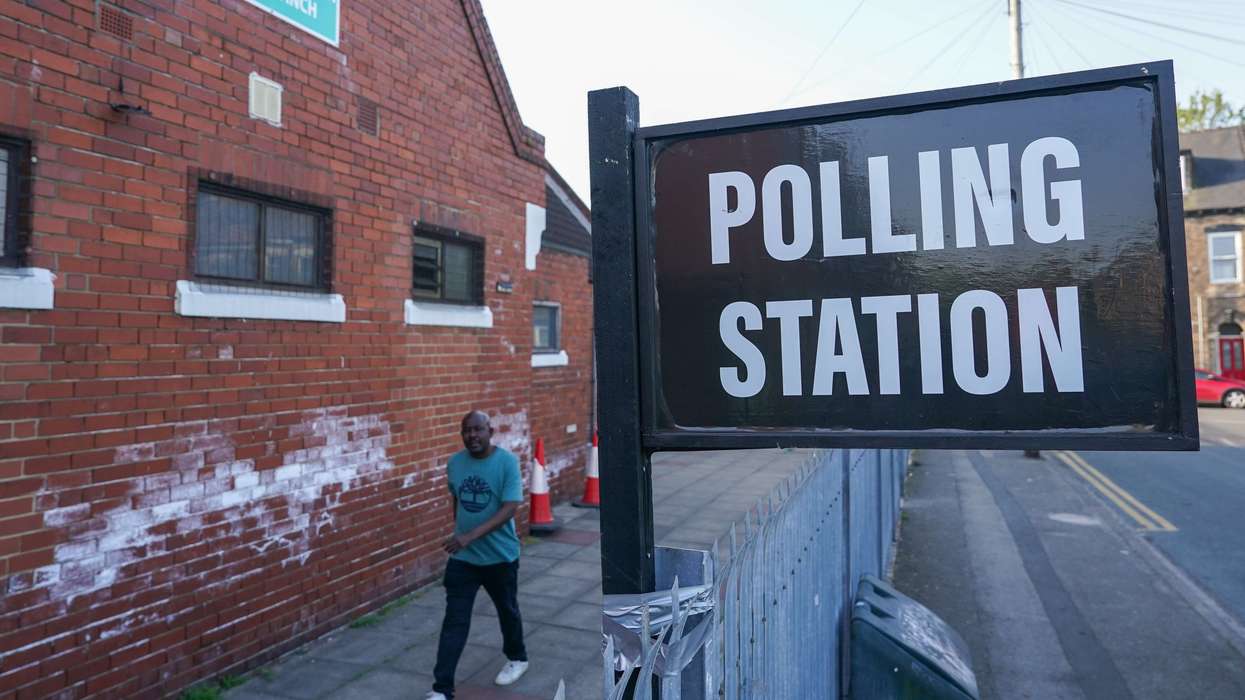More than seven per cent of India's population owns digital currency, according to the UN, which said the use of cryptocurrency rose globally at an unprecedented rate during the Covid-19 pandemic.
The UN trade and development body UNCTAD said that in 2021, developing countries accounted for 15 of the top 20 economies in terms of the share of the population owning cryptocurrencies.
Ukraine topped the list with 12.7 per cent, followed by Russia (11.9 per cent), Venezuela (10.3 per cent), Singapore (9.4 per cent), Kenya (8.5 per cent) and the US (8.3 per cent).
In India, 7.3 per cent of the population owned digital currency in 2021, ranking seventh in the list of top 20 global economies for digital currency ownership as a share of the population. “Global use of cryptocurrencies has increased exponentially during the Covid-19 pandemic, including in developing countries,” the UNCTAD said.
In three policy briefs published last week, it said that while private digital currencies have rewarded some people and facilitated remittances, they are an unstable financial asset that can also bring social risks and costs.
The policy brief titled “All that glitters is not gold: The high cost of leaving cryptocurrencies unregulated” examines the reasons for the rapid uptake of cryptocurrencies in developing countries, including the facilitation of remittances and as a hedge against currency and inflation risks.
It said the recent digital currency shocks in the market suggest that there are private risks to holding crypto, but if the central bank steps in to protect financial stability, then the problem becomes a public one.
“If cryptocurrencies become a widespread means of payment and even replace domestic currencies unofficially (a process called cryptoisation), this could jeopardise the monetary sovereignty of countries,” it said.
In developing countries with unmet demand for reserve currencies, stablecoins pose particular risks. The International Monetary Fund has expressed the view that cryptocurrencies pose risks as legal tender, it said.
The policy brief titled “Public payment systems in the digital era: Responding to the financial stability and security-related risks of cryptocurrencies” focuses on the implications of cryptocurrencies for the stability and security of monetary systems, and financial stability.
“It is argued that a domestic digital payment system that serves as a public good could fulfil at least some of the reasons for crypto use and limit the expansion of cryptocurrencies in developing countries,” it said.
Depending on national capabilities and needs, monetary authorities could provide a central bank digital currency or, more readily, a fast retail payment system, it added.
Given the risk of accentuating the digital divide in developing countries, UNCTAD urges authorities to maintain the issuance and distribution of cash.
The policy brief titled “The cost of doing too little too late: How cryptocurrencies can undermine domestic resource mobilisation in developing countries” discusses how cryptocurrencies have become a new channel, undermining domestic resource mobilisation in developing countries.
While cryptocurrencies can facilitate remittances, they may also enable tax evasion and avoidance through illicit flows, just as if to a tax haven where ownership is not easily identifiable.
In this way, cryptocurrencies may also curb the effectiveness of capital controls, a key instrument for developing countries to preserve their policy space and macroeconomic stability, it said.
The UNCTAD urged authorities to take actions to curb the expansion of cryptocurrencies in developing countries, including ensuring comprehensive financial regulation of cryptocurrencies through regulating crypto exchanges, digital wallets and decentralised finance, and banning regulated financial institutions from holding cryptocurrencies (including stablecoins) or offering related products to clients.
It also called for restricting advertisements related to cryptocurrencies, as for other high-risk financial assets; providing a safe, reliable and affordable public payment system adapted to the digital era; implementing global tax coordination regarding cryptocurrency tax treatments, regulation and information sharing and redesigning capital controls to take account of the decentralised, borderless and pseudonymous features of cryptocurrencies.













